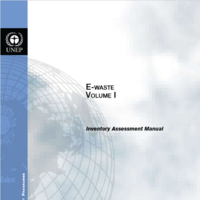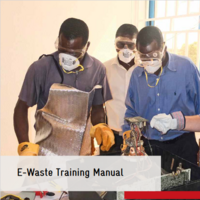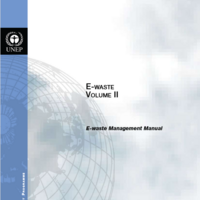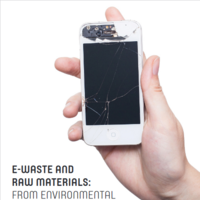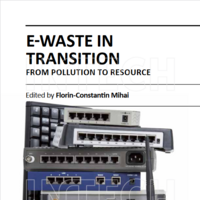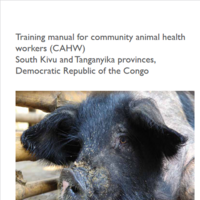Search
Books+
Searching 1,730 books
Search related to the career Hazardous Materials Technician
How to Become a Hazardous Materials Technician
Education and Training:
1. Obtain a high school diploma or GED equivalent.
2. Pursue a degree in a related field such as chemistry, environmental science, or occupational health and safety. This step is optional but can enhance your knowledge and career prospects.
Experience:
1. Gain relevant work experience in fields such as emergency response, hazardous waste management, or industrial safety.
2. Consider internships or volunteer opportunities with organizations involved in hazardous materials management to gain practical experience.
Certifications:
1. Obtain a Hazardous Materials Technician certification from a recognized organization such as the National Fire Protection Association (NFPA) or the Occupational Safety and Health Administration (OSHA).
2. Complete specialized training courses in hazardous materials handling, spill response, and decontamination procedures.
Skills:
1. Develop strong analytical and problem-solving skills to assess hazardous situations and determine appropriate responses.
2. Acquire knowledge of relevant laws, regulations, and safety protocols related to hazardous materials management.
3. Enhance communication skills to effectively collaborate with team members and provide clear instructions during emergency situations.
4. Develop physical fitness and stamina to handle the physical demands of the job, including wearing personal protective equipment (PPE) and performing physically demanding tasks.
Job Prospects:
1. Explore job opportunities with government agencies, such as fire departments, environmental protection agencies, or public health departments.
2. Consider employment with private companies involved in hazardous waste management, manufacturing, or transportation.
3. Network with professionals in the field and join industry associations to stay updated on job openings and advancements in the field.
Remember to regularly update your knowledge and skills through continuing education and professional development opportunities to stay current in this dynamic field.
Source: Various AI tools

